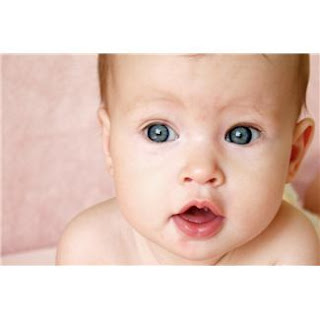1. See a “dollar movie” or a free movie at a local cinema. Many theaters have a free summer kids program, too. Check out your local theater web sites for information on kids movie programs this summer.
2. Attend “story time” at your local library. Your kids will love hearing new stories, singing songs, and you can also check out some books while you are there!
3. Declare a board game day. Enjoy some family time by playing board games together in the cool air conditioning!
4. Set up your very own water park in the backyard. Have baby pools, slip-n-slides, and sprinklers going at the same time and enjoy watching your little ones run around outside while staying cool.
5. Make your own homemade ice cream. Your kids will love churning the ice cream maker, and will enjoy eating your cold treat even more!
6. Set your kids up with some (clean) paint brushes and water buckets and let them paint the town…literally! Your kids can “paint” the house, walkway, bikes, fence and porch! Throw some soap and wash rags in the mix, and you can have your very own car wash, too.
7. Host an arts-n-crafts extravaganza and invite your kids’ friends! Stock up on arts-n-crafts…crayons, markers, paper, glue, scissors, molding clay, and anything else that your kids can use to create a masterpiece. Watch your kids and their friends create beautiful artwork, and then hang their creations up on a bulletin board, refrigerator or clothes line to display for the week.
8. Throw a “pretend party.” Have your kids put on party clothes from the dress-up bin and then have the kids decorate for the party, as well as make simple, yummy snacks for the pretend party. You’ll be surprised how much fun they will have and how this one idea can take up a whole afternoon!
9. Encourage your children to write (or just make-up) a play. Have them make tickets for the play to sell to the audience (you and their favorite stuffed animals), create a stage with blankets, sheets or towels, and put together wardrobes for the “cast” from your dress-up bin. Then sit back and watch as your favorite stars put on a show for you!
10. Make homemade play dough together. It’s very easy to do and your kids will love playing with it afterwards.
All of these ideas will hopefully help you keep your kids busy and cool this summer. Good luck beating the heat!





